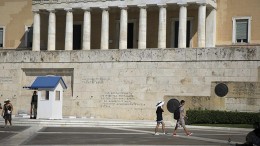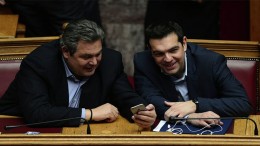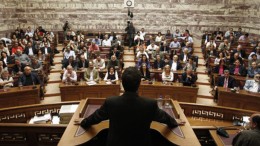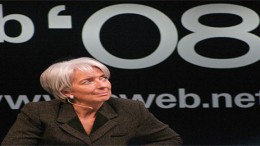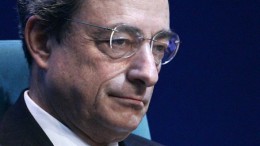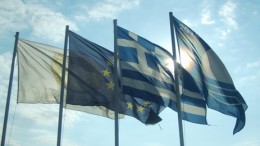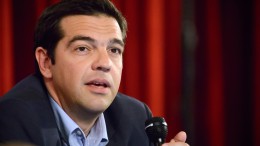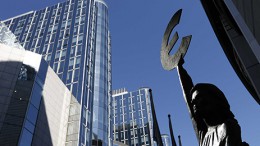LONDON | Sigrún Davíðsdóttir | Forget economics, politics is key to understanding the Eurozone. The cries of “Grexit” lately have mostly been a repetition of an earlier discourse: in February 2012 Citi’s economists Willem Buiters and Ebrahim Rahbari coined the term “Grexit,” by July 2012 estimating its likelihood to 90%. Cheered on by the media, economists have taken over the debate of the Eurozone which is why much of it has been such a futile exercise: it is not economics, which ties the Eurozone together but the political determination of its leaders to make the euro work. With political will likelihood of any exit is 0. Ergo, Grexit is as unlikely now as it has always been in spite of the EU brinkmanship. One route Greece seems to be exploring is a tried and tested one: the “bisque clause” from 1946.

